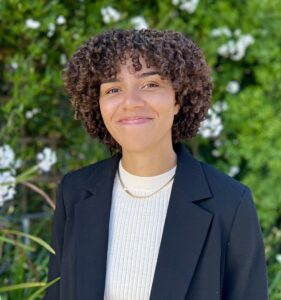Population Research Discovery Seminars

"Fit for Habitation Only by the Negro:" Draining the Wretched Lowcountry Swamp, 1895-1915
Morgan Vickers, Assistant Professor of Law, Societies, and Justices, University of Washington
Parrington Hall Room 360
To Join By Zoom: Register HERE
10/24/2025
12:30-1:30 PM PT
360 Parrington Hall
Co-Sponsor(s):
In 1895, South Carolina produced its post-Reconstruction Constitution, a document explicitly designed to disenfranchise Black South Carolinians through the implementation of restrictive voting laws, the invention of new counties, and the redefinition of a “person” to only include white men. Just five years later, in 1900, the State passed its First Amendment, which legally mandated the condemnation and drainage of all swamplands in the State, ecological spaces most commonly inhabited by poor Black people. The drainage effort was spearheaded by a man named James Cosgrove, the self-proclaimed “Apostle of Drainage in the South,” who argued that “no longer will we permit our lands to remain in a condition fit for habitation only by the negro,” and, instead, it was the project of the turn-of-the-century State to “make our waste places the fairest and dearest spot in all the world, [a] fit dwelling place for the white man.” This paper centers around a key chapter in my forthcoming manuscript, Wretched: Damned Swamps, Black Haunts, and the Draining of the Lowcountry, 1865-1945, which highlights the racial ecologies of Cosgrove’s Sanitary and Drainage Commission between 1895 and 1915. I demonstrate how the constitutionalization of Black damnation and the codification of ecocide worked in tandem to transform the racial, spatial, and political condition of South Carolina, with lasting impacts on our present world.
Morgan P. Vickers is an Assistant Professor of Race/Racialization in the Department of Law, Societies, & Justice, an Adjunct Assistant Professor in the Department of Geography, and an affiliate faculty member with the Center for the Study of Demography and Ecology and the Center for Environmental Politics at the University of Washington. Their research illuminates racialized ecologies, 20th-century infrastructure projects, the social construction of race, and eco-social repair. They are centrally concerned with how racialized populations and their environments have been historically defined using the same language of damnation, pestilence, and threat in order to destroy both through legal and extralegal maneuvers